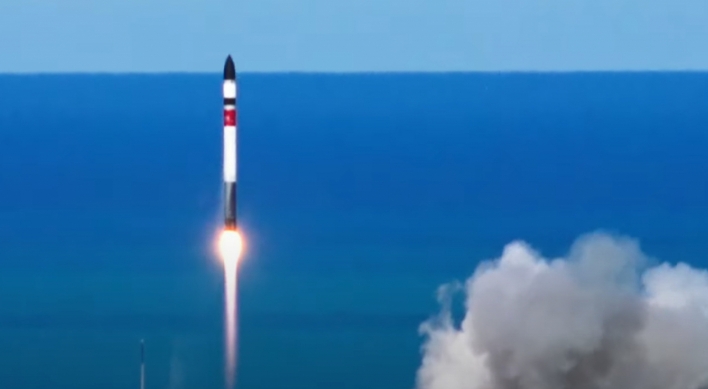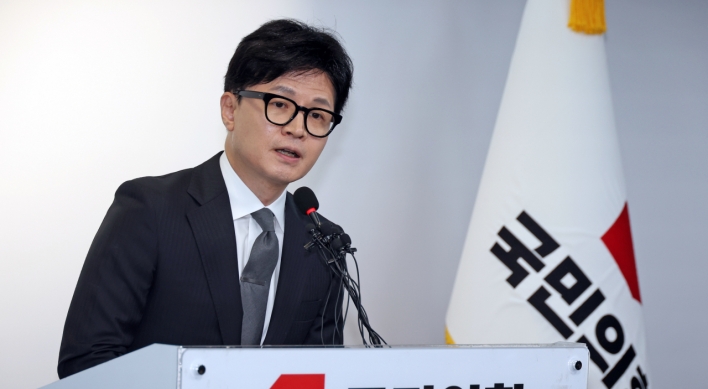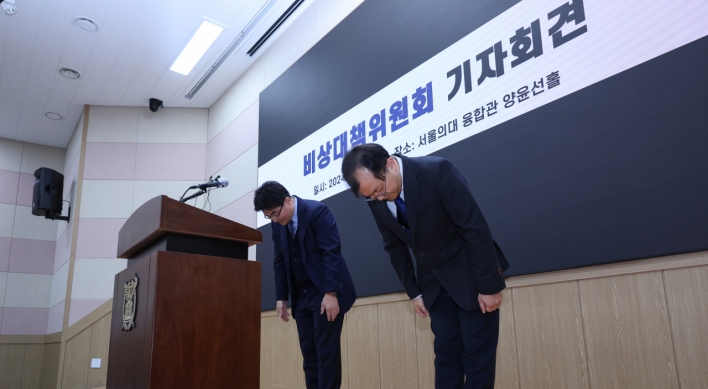South Korea and the United States opened a new round of negotiations Wednesday on splitting the cost of stationing American troops on the peninsula.
The two-day meeting in Washington is the fourth of its kind intended to decide how much South Korea should pay for the 28,500-strong U.S. Forces Korea (USFK).
The U.S., stuck in federal budget problems and confronted with increased North Korean threats, apparently wants South Korea to share more of the burden.
The appropriate amount of Seoul's financial contributions is always controversial.
Multiple sources said South Korea has offered to keep the current yearly payment level -- some 870 billion won ($808 million), while the U.S. has requested an increase to 1 trillion won.
In the Special Measures Agreement (SMA) talks, South Korean is represented by senior diplomat Hwang Joon-kook, formerly a minister at the South Korean Embassy in Washington. His U.S. counterpart is Eric John, a career diplomat who has served primarily in East Asia.
The allies have shared the cost of USFK under the SMA since 1991. The previous agreement, signed in 2009, expires at the end of this year.
South Korean officials said they hope to strike a deal by October, given the time necessary for parliamentary approval. (Yonhap News)
The two-day meeting in Washington is the fourth of its kind intended to decide how much South Korea should pay for the 28,500-strong U.S. Forces Korea (USFK).
The U.S., stuck in federal budget problems and confronted with increased North Korean threats, apparently wants South Korea to share more of the burden.
The appropriate amount of Seoul's financial contributions is always controversial.
Multiple sources said South Korea has offered to keep the current yearly payment level -- some 870 billion won ($808 million), while the U.S. has requested an increase to 1 trillion won.
In the Special Measures Agreement (SMA) talks, South Korean is represented by senior diplomat Hwang Joon-kook, formerly a minister at the South Korean Embassy in Washington. His U.S. counterpart is Eric John, a career diplomat who has served primarily in East Asia.
The allies have shared the cost of USFK under the SMA since 1991. The previous agreement, signed in 2009, expires at the end of this year.
South Korean officials said they hope to strike a deal by October, given the time necessary for parliamentary approval. (Yonhap News)


![[Exclusive] Korean military set to ban iPhones over 'security' concerns](http://res.heraldm.com/phpwas/restmb_idxmake.php?idx=644&simg=/content/image/2024/04/23/20240423050599_0.jpg&u=20240423183955)

![[Graphic News] 77% of young Koreans still financially dependent](http://res.heraldm.com/phpwas/restmb_idxmake.php?idx=644&simg=/content/image/2024/04/22/20240422050762_0.gif&u=)




![[Pressure points] Leggings in public: Fashion statement or social faux pas?](http://res.heraldm.com/phpwas/restmb_idxmake.php?idx=644&simg=/content/image/2024/04/23/20240423050669_0.jpg&u=)








